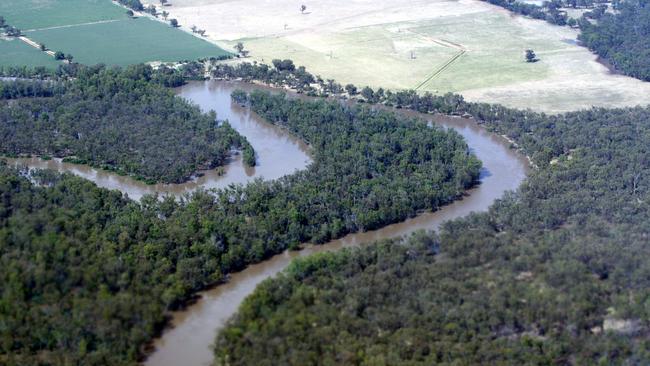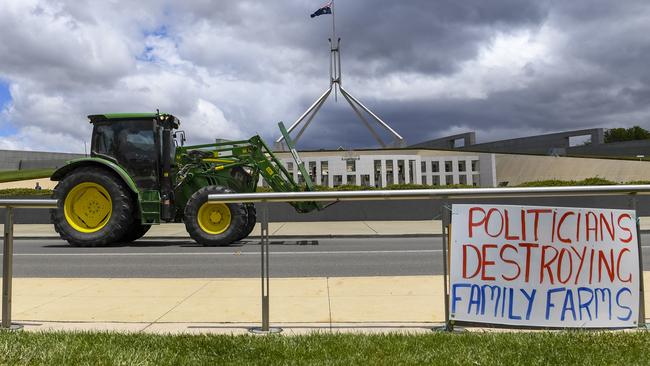Murray Darling Basin plan debate boils over as scientists feud
Three Murray Darling Basin researchers have released another study – but this one is questioning a group of rival water experts.
SA News
Don't miss out on the headlines from SA News. Followed categories will be added to My News.
A dispute between River Murray experts over environmental water allocations has widened, with accusations some scientists are too close to government funding sources.
A group of Australian National University scientists wants a review of the 2012 Murray Darling Basin Plan – and how much water it returns to the environment – to be fast-tracked, rejecting the position of rival academics who argue the federal government should stick with its 2026 review timeline.
Three ANU researchers, environment expert Dr Matthew Colloff and water economics professors Quentin Grafton and Professor John Williams, have released a study questioning a rival group of 23 scientists.
The professional dispute dates back to 2019 and has split the scientific community studying the basin.

It began when the 23 experts wrote an open letter criticising media coverage of the basin plan, saying some reports were “superficial and sensationalist”.
Professor Grafton said his study, published in the Australasian Journal of Water Resources last month, had traced a complex web of personal and professional funding links between the 23 rival experts and government departments.
Prof Grafton said he and his colleagues had shown how some scientists, as “issue advocates”, sought to limit debate about water reform in the Murray Darling Basin.
“Scientists can be incentivised to narrow or close down the scientific questions asked, the debates on evidence and the scientific dialogue, so to support predetermined policy actions,” Prof Grafton said.

He said the rival scientists had been lobbying against changes to the plan, and the 2019 SA Royal Commission into the plan.
Less than a quarter of the 450 gigalitres of water promised for the health of the River Murray – equivalent to about 180,000 Olympic-size swimming pools – is set to be taken back by 2024.
One of the 23 open-letter writers, University of Melbourne Professor Rob Vertessy, said they would be responding strongly to what was seen as a personal attack on the scientists, despite none being overtly named in the latest journal article.
He said the major difference between the two groups was over the pace of basin reform, and it was disappointing that this had led to personal criticism.
Prof Vertessy said contrary to the criticism of interconnectedness between the 23 letter writers, he had worked extensively with two of the three critics, and one had been his boss.
“I think they could have made points about some of the issues without trying to attack people,” he said.
Prof Grafton and his colleagues have called for better codes of practice at some institutions to disclose funding, and a national Independent Panel on Scientific Integrity.




